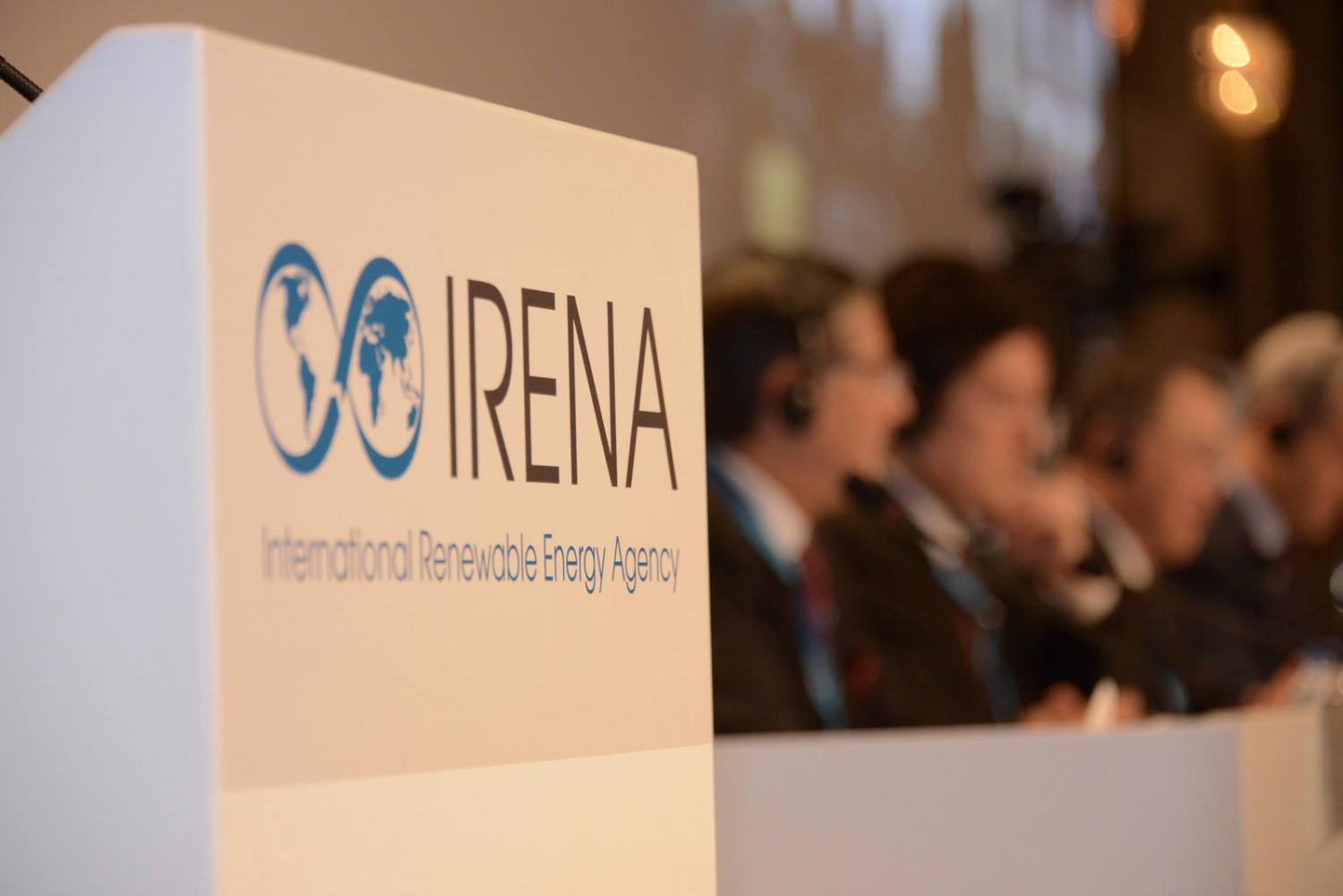
When one is walking around Abu Dhabi’s Saadiyat Island with palm trees, white sand beaches and cyan-colored water all in abundance, it is easy to forget that you are in a country that has the 8th largest oil reserves on the planet.
But oil is certainly on the minds of many of the estimated 33,000 people expected to gather in the UAE’s capital for Abu Dhabi Sustainability Week. With the price of crude oil dropping to below $30 a barrel on Friday, there was plenty of chatter analogous to the Donald Trump campaign—how long will this go on, will it drag on longer than what the analysts are saying and what’s going to happen if this scenario will long be our reality. Nevertheless, will low oil prices put the breaks on more sustainable development?
Whether oil continues to drop in price even further, or rise anytime soon, low fossil fuel prices are not dissuading the delegations representing the 150-plus nations who were traipsing around a Saadiyat Island conference center for the annual assembly of the International Renewable Energy Agency (IRENA). Despite rock bottom oil prices, renewable energy had a banner year in 2015, and much of that growth is occurring in developing nations. The reasons vary: oil may be cheap, but it’s used mostly for transportation (though EV sales are up anyway), while solar and wind is used for electricity generation. Clean energy technologies are becoming far cheaper, which makes makes Bloomberg’s estimate of $329 billion in such investments worldwide last year even more impressive. In poor nations, rich nations, rural areas, cities—renewables are growing everywhere.
And according to Abu Dhabi based-IRENA, investments in renewables should continue, in part because of their long term financial benefits. Within the agency’s latest report, IRENA claims that if renewables can reach 36 percent of the world’s energy portfolio by 2030, that increase could add up to $1.3 trillion, or another 1.1 percent, to the global economy. IRENA reached these figures based on a methodology that largely combines investments in new energy technologies, their multiplier effects and finally, macroeconomic benefits from lower-priced electricity (as in, less money spent on utility bills can go towards the purchase of other goods and services). Such an increase would be a doubling of renewable energy generation from 2010 levels.
Japan would see the largest growth in GDP, but IRENA claims Australia, Brazil, Germany, Mexico, South Africa and Korea would also benefit from GDP growth of at least 1 percent. The number of renewable energy jobs would increase to 24 million in 2030, which would almost triple the estimated 9.2 million people currently within the sector. Many countries, including those in the European Union, as well as Japan, India and Korea, would also benefit from reduced imports of fossil fuels. But such an economic shift would not necessarily harm oil producing countries such as Russia, Venezuela and Nigeria: a more diversified economy, argues IRENA, would also be a long term win for these economies.
IRENA suggests that a transition to a more sustainable, low carbon economy is not just about finances, however. Taking factors into account such as less resource depletion, reduced environmental damage and improved health, IRENA’s researches estimate there would be an additional 3.7 percent in “global welfare.”
Whether this scenario will play out in 15 years is a huge question. Even the IRENA report states its limitations, as in those exogenous factors about about we learned in our economics classes. But beyond the numbers and percentages, this IRENA report succeeds in furthering the case for renewable energy from a business perspective. Now that renewables are far more scalable, more efficient and of course, cheaper, more people are embracing the potential for these low-carbon technologies, especially those from the world of finance.
“Mitigating climate change through the deployment of renewable energy and achieving other socio-economic targets is no longer an either-or equation,” said IRENA’s Director-General Adnan Amin at press conference announcing this study. “It’s a win-win scenario.”
Image credit: IRENA
Disclosure: The expenses for Leon Kaye’s trip to Abu Dhabi was paid for by Masdar

Leon Kaye has written for 3p since 2010 and become executive editor in 2018. His previous work includes writing for the Guardian as well as other online and print publications. In addition, he's worked in sales executive roles within technology and financial research companies, as well as for a public relations firm, for which he consulted with one of the globe’s leading sustainability initiatives. Currently living in Central California, he’s traveled to 70-plus countries and has lived and worked in South Korea, the United Arab Emirates and Uruguay.
Leon’s an alum of Fresno State, the University of Maryland, Baltimore County and the University of Southern California's Marshall Business School. He enjoys traveling abroad as well as exploring California’s Central Coast and the Sierra Nevadas.














